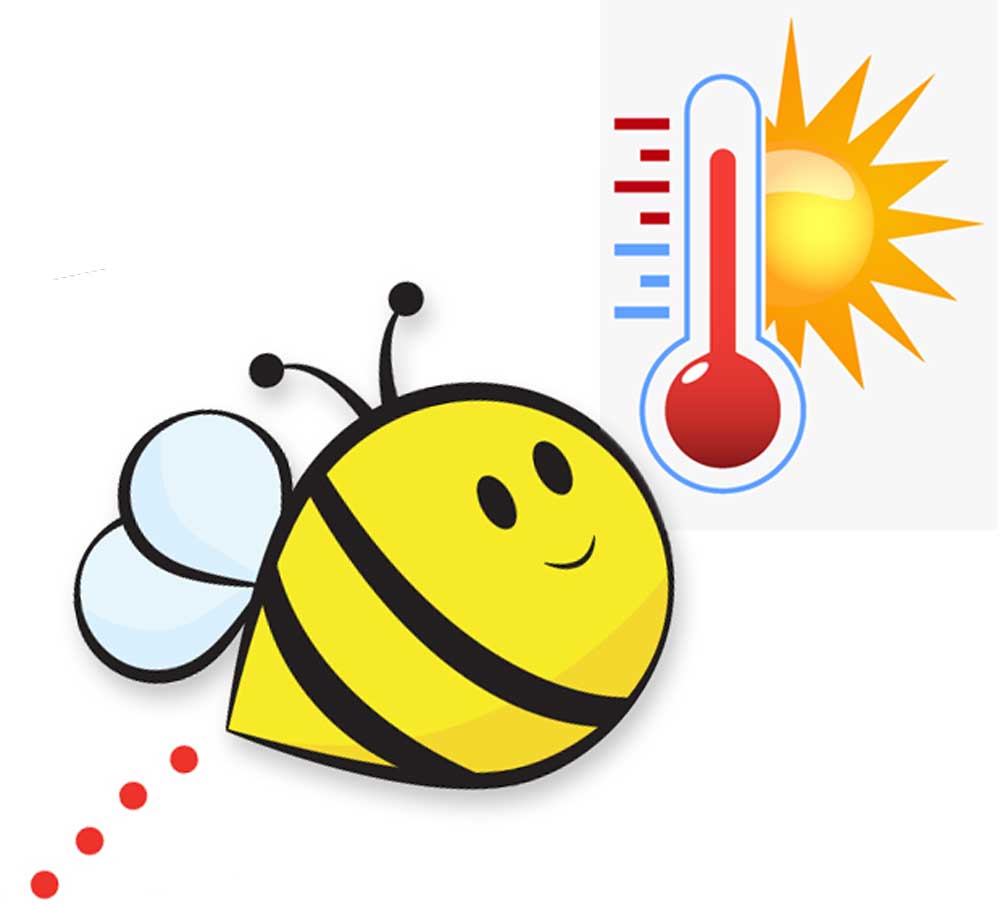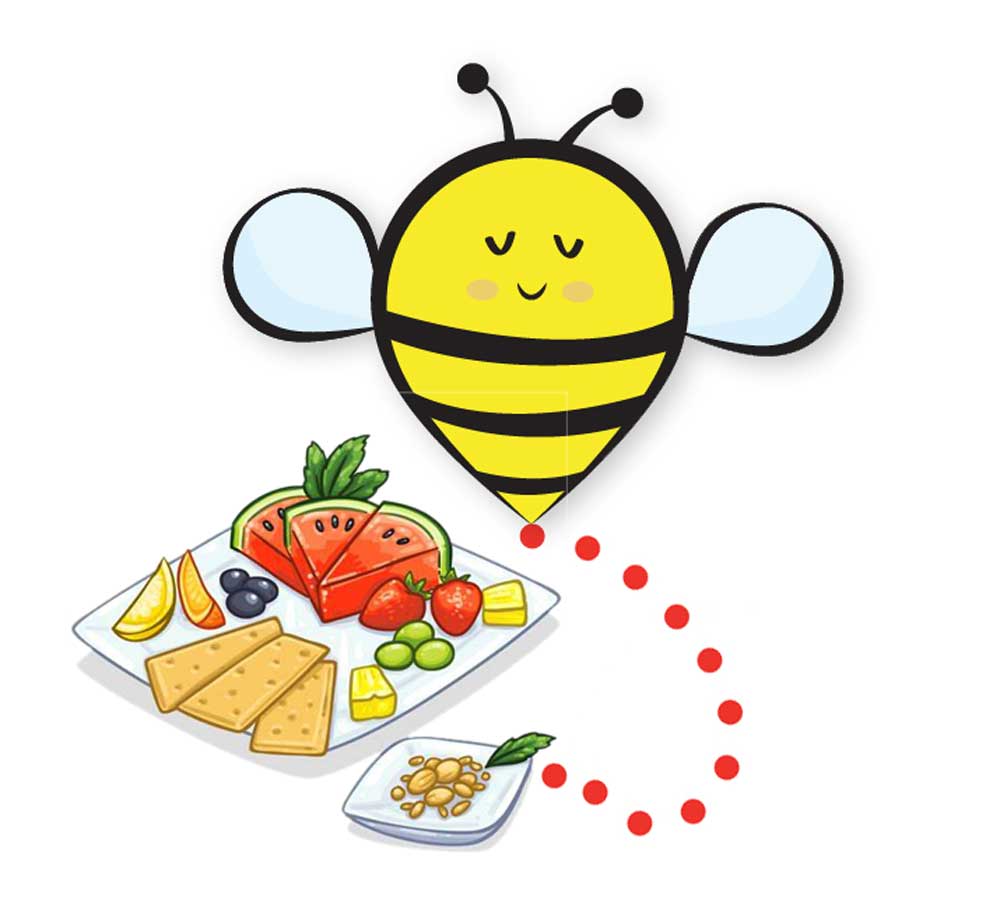Bee Healthy
The latest buzz for good family health

Prevent Heat Illness
Stay cool in August when high temperatures and humidity are likely to return. Young children can become sick from heat exhaustion, heat cramps and heat stroke, which is a medical emergency requiring prompt attention. Symptoms may include feeling faint, unusual drowsiness, nausea, vomiting and muscle spasm. Watch for symptoms of heat illness and visit the nearest emergency room if you see any develop.
To prevent heat illness:
- Cool off with water: Try a cool bath or water mist to cool down. If swimming, take occasional cover from the sun, supervise children constantly, and don’t forget sunscreen.
- Stay hydrated: Encourage everyone to drink often and have water readily available. Take water bottles on outings. For young infants, that means more breast milk/formula, not water.
- Dress lightly: Wear loose, light-colored clothing in breathable fabric (cotton).
- Stay inside: If you have air conditioning, work on crafts, read or play board games indoors. Do yoga stretches or other fun physical challenges that aren’t too strenuous.
- Use caution in the car: Never leave children alone in a car, even with the windows open. The inside of a car can become dangerously hot in a short amount of time.
Back to School, Back to the Doctor
No matter what grade your child is about to enter, an annual wellness exam or sports physical is a good way to prepare for the new school year.
Leading experts advocate that every child receive care through a family-centered medical home such as the Conyngham Primary Health Care Center. Our team wants to be that safe, familiar place for your family, supporting your children to ensure their growth and development at every age.
Back-to-school check-ups, as they are commonly called, are often the only visit kids and teenagers have with their doctor every year. This annual exam will help focus on diet, exercise/sports, screenings, discussing and administering vaccines, and monitoring of vital signs such as heart and blood pressure. It’s also a good chance to address important questions or concerns you have as a parent, especially about your child or teenager’s emotional, developmental, or social needs. Call 570.301.0924 to enroll and schedule your family today. We’re here to help.


Back to School, Back to the Doctor
No matter what grade your child is about to enter, an annual wellness exam or sports physical is a good way to prepare for the new school year.
Leading experts advocate that every child receive care through a family-centered medical home such as the Conyngham Primary Health Care Center. Our team wants to be that safe, familiar place for your family, supporting your children to ensure their growth and development at every age.
Back-to-school check-ups, as they are commonly called, are often the only visit kids and teenagers have with their doctor every year. This annual exam will help focus on diet, exercise/sports, screenings, discussing and administering vaccines, and monitoring of vital signs such as heart and blood pressure. It’s also a good chance to address important questions or concerns you have as a parent, especially about your child or teenager’s emotional, developmental, or social needs. Call 570.301.0924 to enroll and schedule your family today. We’re here to help.

Promote Healthy Snacking
While meals make up most of a child’s nutritional intake, snacks are an important addition to enhance a child’s healthy diet. Teach your children to eat a rainbow of colors and arrange your children’s meals to show the beauty of fresh, brightly colored foods.
Here are some healthy snacking goals:
- Increase intake of fruits and vegetables. Consider pairing them up with dairy products or dairy substitutes (grapes and cheese) lean proteins (celery and peanut butter), or whole-grain cereals and bread (a banana sandwich on whole grain bread).
- Introduce a range of healthy foods at home. Keep a few key items stocked at home such as raw vegetables and fruit, yogurt dip, hummus, and cheese sticks.
- Avoid processed foods and added sugar/salt. Foods made in a factory and sold in bags and boxes do not have many nutrients. Children may become hungry faster after eating processed foods.
